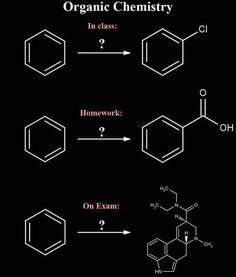@Lucca Just curious what is the "real" thing people learn about at the end of a 4-year education.
People can come out with all sorts of things or nothing. If you want to know what I think they should come out with it's this:
1. The ability to think for yourself.
2. The ability to think critically about the real world and make arguments based on evidence in order to draw conclusions about the world, come up with new questions, and carry out decisions.
3. The ability to understand and think critically about the arguments of others.
4. Develop some intuition about learning and in particular how you learn to ensure that you can continue to develop 1-3 without formal structures of education.
The end goal being the development of citizenship so you can participate productively and freely in society and help others do the same.
The way to do this is to build courses where people get to discover material, as opposed to simply covering it.
As far as I'm concerned, an education has nothing to do with making money afterwards. It ought to be accessible for everyone at no debt if it is to succeed in actually being a positive institution. Otherwise, it is just another instrument of oppression and exploitation.
In our current society, if a company wants a tool, they should be happy their tools can think and learn for themselves and just cough up the money to train them for the jobs they need them for. You know, the way it was not too long ago and continues to be in many, many countries.
Of the educational theorists I am familiar with, I agree most with Paulo Freire, if you are interested.


